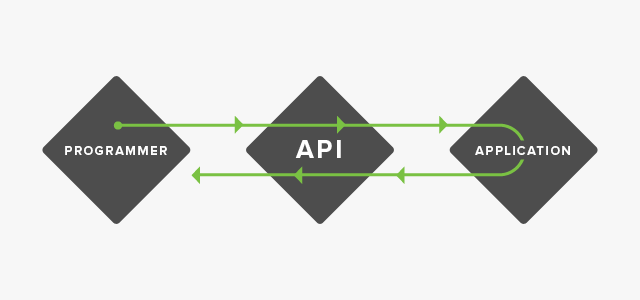API management refers to the process of documenting, publishing, and supervising the Application Programming Interfaces (APIs) in a secure and scalable environment.
The API Management services consider a number of features like authentic documentation and sometimes interactive documentation too; Analytics and statistics; flexibility in deployment for public and/or private clouds; engagement for the developers, consumers, or the partners; Sandbox environment; Security; Monetization; Availability; and Support of Legacy Systems.
The first generation of API management tools focused on helping the developers to publish APIs for the benefit of external developers, and we find millions of public APIs available today. However, the external developers find it less adaptive and opine that it lags behind the expectation.
Let us see how the APIs could be made compelling so that it could be used by any other developers. The features like accommodating custom data, machine-readable documents, application of rich metadata, and exposure of web hooks are bound to increase the APIs adoption rate.
Accommodate Custom Data: The custom data objects and data fields are extensively used in SaaS apps. Hence, it is recommended to make the custom data more adaptable. One of the steps is to add a discovery API through which all custom fields and the objects could be searched electronically. The data discovery ability makes it easy for the developers to accomplish integration task. Another step is to enable the CRUD operations by providing a complete set of RESTful methods so that the developers are able to manage the custom objects programmatically.
Machine Readable API Docs: The machine-readable APIs could be discovered easily and understood by both the humans and computers with less effort. When the API supports both electronic and interactive definition, it could be programmatically understood and resolved facilitating an efficient integration.
Application of rich Metadata: The APIs with rich metadata makes it discover easily and understand the API structure. The metadata provides data regarding the structure and context of the object, limitation of the consumption, available events, and other valuable data.
Webhooks: The Webhooks enable the publishers to implement the APIs in an effective way and synchronizes the data among the multiple APIs. The webhook structure must be designed in such a way that it provides the maximum information as possible.
Thus, when the API would accommodate the custom data, gives the machine-readable docs, apply the rich metadata, and expose the webhooks, it could be recommended for external adoption.
You may always get in touch with our Java developers for any related queries on API management tools at www.orangemantra.com.






















